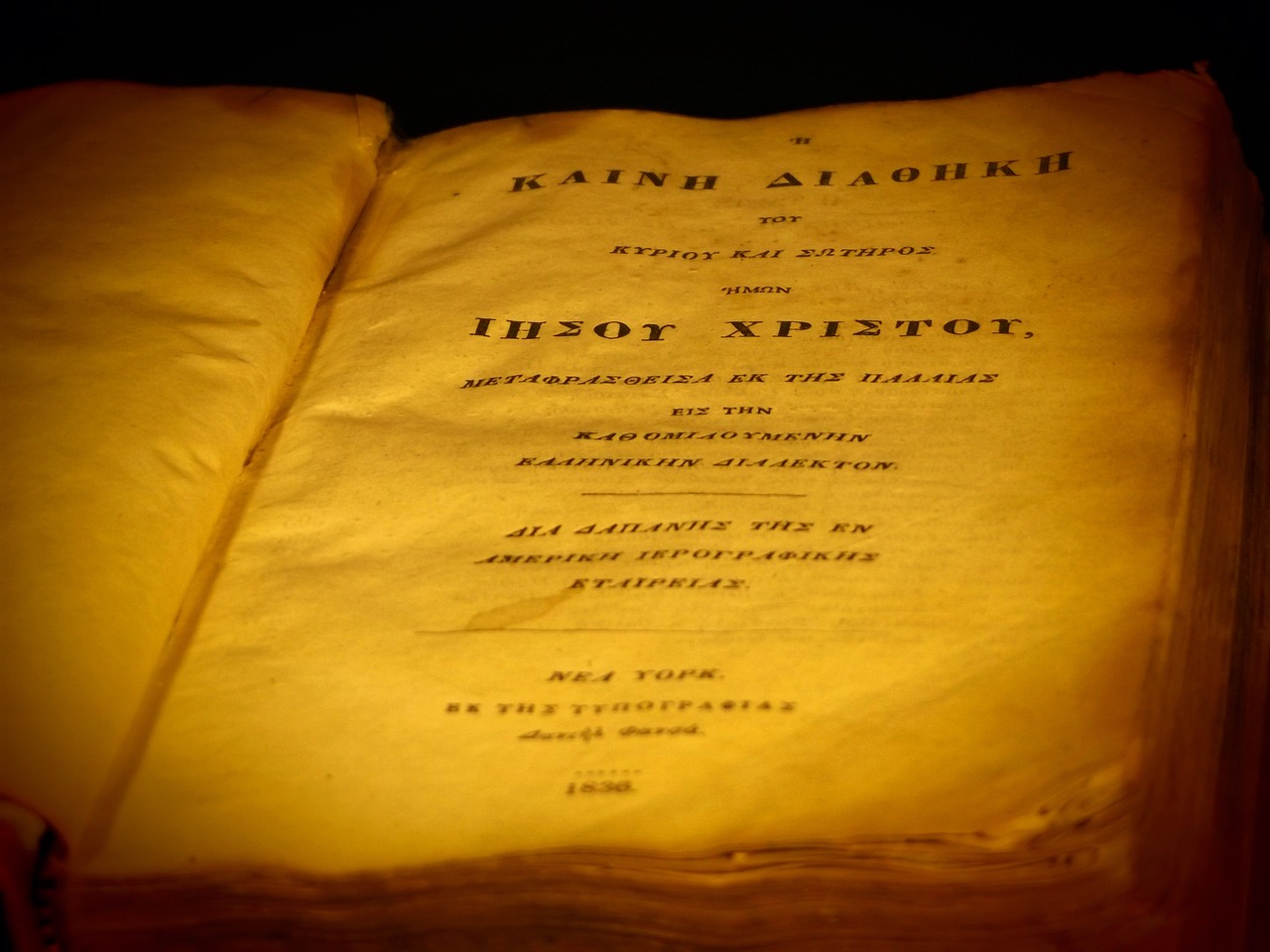Exploring Blockchain for Credential Verification in Educational Apps
diamond exchange sign up, sky99exch com login, reddy book club: Exploring Blockchain for Credential Verification in Educational Apps
As technology continues to advance, the education sector is also evolving to keep up with the digital age. One of the most innovative technologies making waves in education is blockchain. Known primarily for its role in cryptocurrency, blockchain technology has the potential to revolutionize how credentials are verified in educational apps.
What is Blockchain?
Blockchain is a decentralized and distributed ledger technology that securely records transactions across a network of computers. Each block in the chain contains a timestamp and a link to the previous block, making it virtually impossible to alter without the consensus of the network.
How can Blockchain be used for Credential Verification?
In the context of educational apps, blockchain can be used to store and verify credentials such as degrees, certifications, and other achievements. By securely recording these credentials on the blockchain, educational institutions and employers can easily verify the authenticity of an individual’s qualifications.
Benefits of Blockchain for Credential Verification
1. Enhanced Security: Blockchain technology ensures that credentials are tamper-proof and secure, reducing the risk of fraud or unauthorized modifications.
2. Increased Transparency: With blockchain, users can track the entire history of their credentials, providing a transparent and trustworthy verification process.
3. Cost-Effective: Blockchain eliminates the need for intermediary verification services, saving time and resources for both educational institutions and employers.
4. Time-Saving: Verifying credentials through blockchain is faster and more efficient than traditional methods, reducing the turnaround time for credential verification.
Challenges of Implementing Blockchain in Educational Apps
1. Adoption and Awareness: Educating stakeholders about blockchain technology and its benefits is crucial for widespread adoption in the education sector.
2. Technical Expertise: Implementing blockchain technology requires specialized knowledge and skills, which may pose a challenge for educational institutions.
3. Regulatory Compliance: Ensuring that blockchain-based credential verification complies with data protection laws and regulations is essential for safeguarding student privacy.
The Future of Blockchain in Education
As blockchain technology continues to mature, its applications in education are likely to expand. By leveraging blockchain for credential verification in educational apps, we can streamline the credentialing process, enhance security, and improve trust in academic qualifications.
In conclusion, blockchain technology has the potential to revolutionize how credentials are verified in educational apps. By embracing this innovative technology, educational institutions can improve the efficiency and reliability of credential verification while ensuring the security and privacy of student data.
FAQs
Q: Is blockchain technology secure for storing sensitive information?
A: Yes, blockchain technology is highly secure due to its decentralized and tamper-proof nature, making it ideal for storing sensitive credentials.
Q: How can blockchain benefit educational institutions?
A: Blockchain can benefit educational institutions by simplifying the credential verification process, reducing costs, and enhancing the security of student data.
Q: What are the challenges of implementing blockchain in educational apps?
A: Challenges include technical expertise, regulatory compliance, and the need for adoption and awareness among stakeholders.







